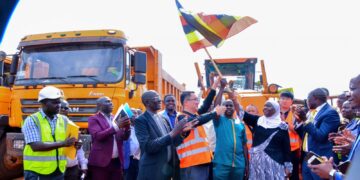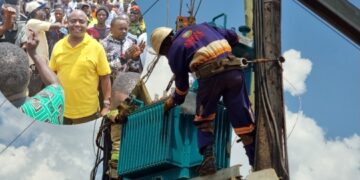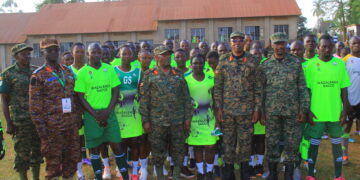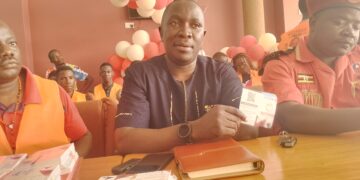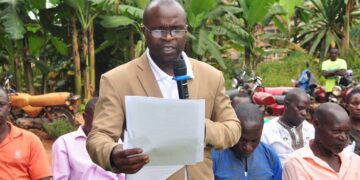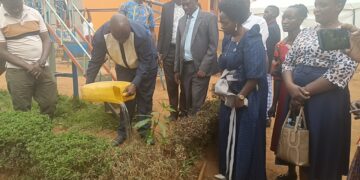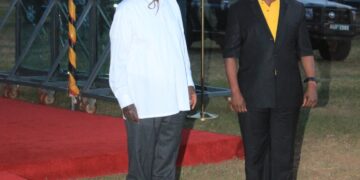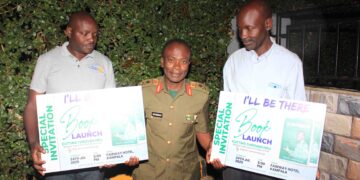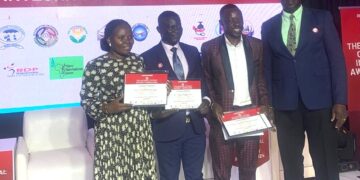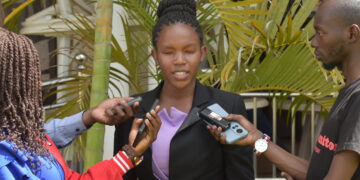In the remote district of Ntoroko, where green hills hide lives shaped by silent struggles, a quiet healthcare revolution is underway.
It’s not driven by celebrities or cutting-edge labs, but by 900 test kits, a laptop, a machine called Gazelle, and a small team of determined health workers.
This week, Karugutu Health Centre IV became the epicenter of change. With support from the Sarafinah Sickle Cell Society (SASCELLS) and Sickle Forward, the facility received a full sickle cell screening package — opening the district’s first dedicated clinic for sickle cell disease.
“For years, we referred nearly 20 patients a month to Buhinga Hospital,” said Bonas Mujuni, the facility’s administrator. “Now, we can test and treat here.”
The effort is part of the “Newborn Sickle Cell Screening and Treatment” program, targeting early diagnosis and care.
Five health facilities across the district have received essential supplies, including test kits, patient books, and diagnostic tools.
Karugutu now stands out with its Gazelle machine, a computer, and follow-up systems — a leap toward digital diagnostics in rural care.

But equipment is just one part of the solution. SASCELLS is also training health workers, village health teams, and social workers to deliver sustainable care. “
We’re building capacity, not just clinics,” said Mahad Matovu, the program’s manager.
The impact is already visible. At Ntoroko Health Centre, social worker Rachel Mukundane described years of helplessness as patients silently suffered.
“There was no testing. Children were dying. Now — there is hope.”
In a region where healthcare often comes late and thin, this initiative marks a turning point. Referrals are becoming treatments. Guesswork is becoming diagnosis.

Still, challenges persist. Budget cuts stall community outreach. Staffing gaps threaten momentum. Mujuni hopes for additional personnel support from the program’s partners to meet growing demand.
This isn’t a high-profile launch — it’s a grassroots partnership taking quiet but powerful steps forward.
In Ntoroko, where mist-covered hills cradle lives long underserved, a Gazelle machine now hums steadily — and with it, the first sounds of change.

